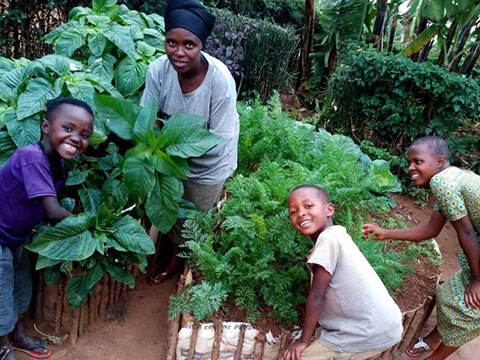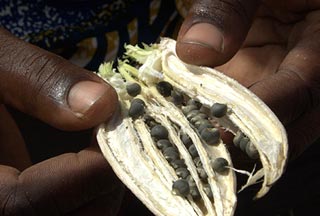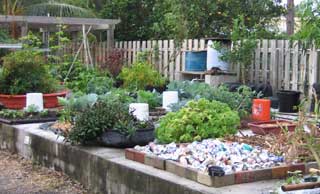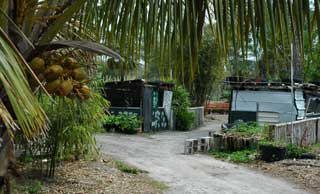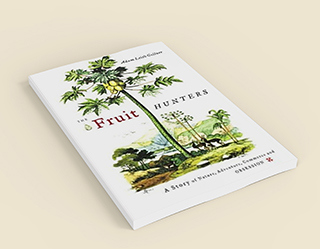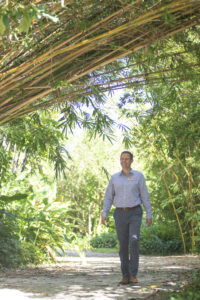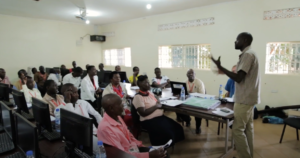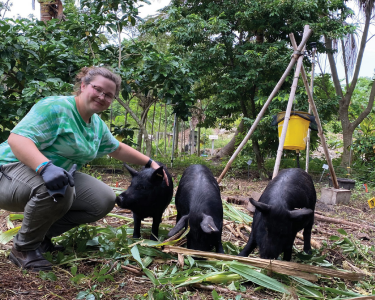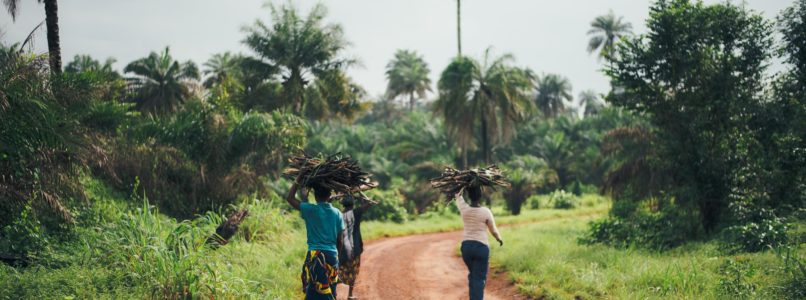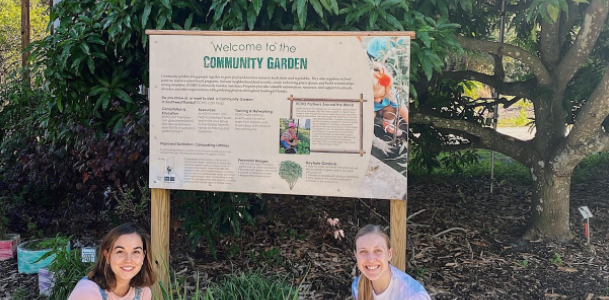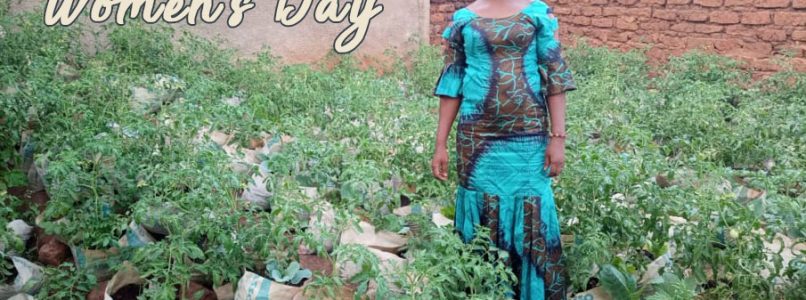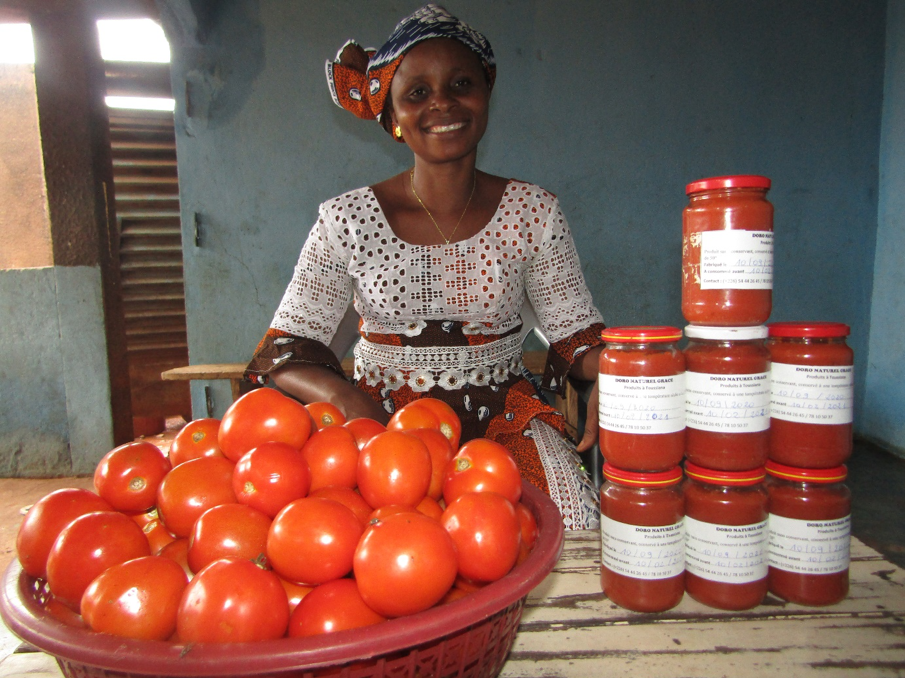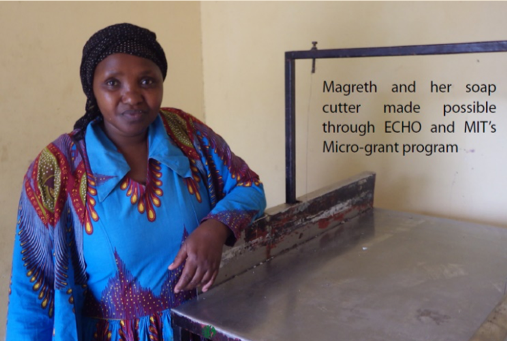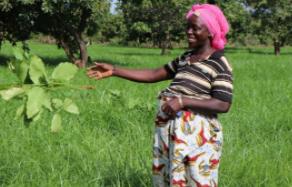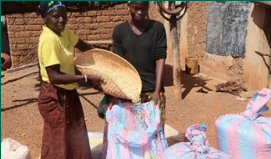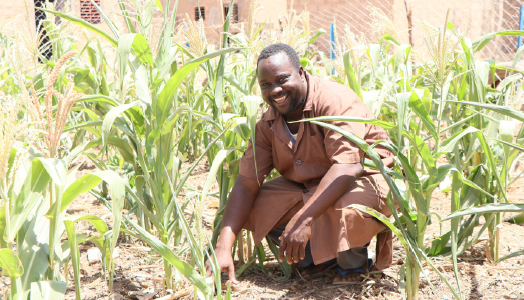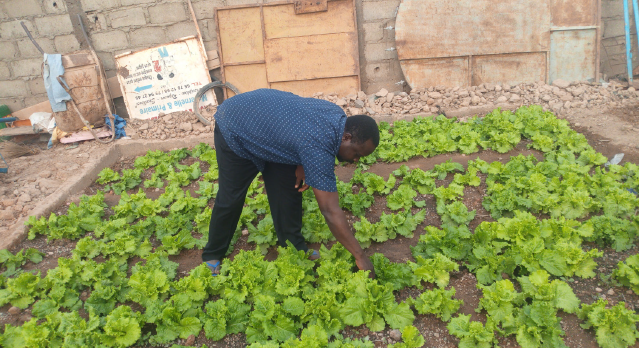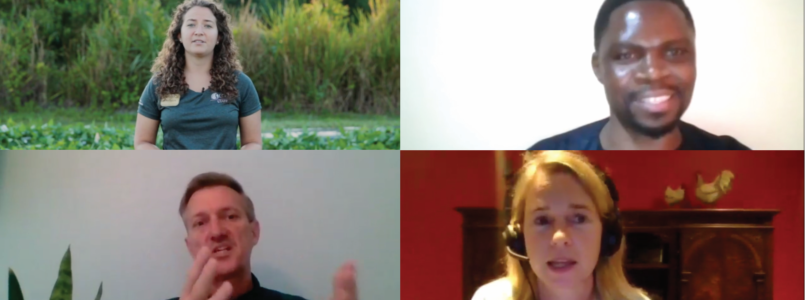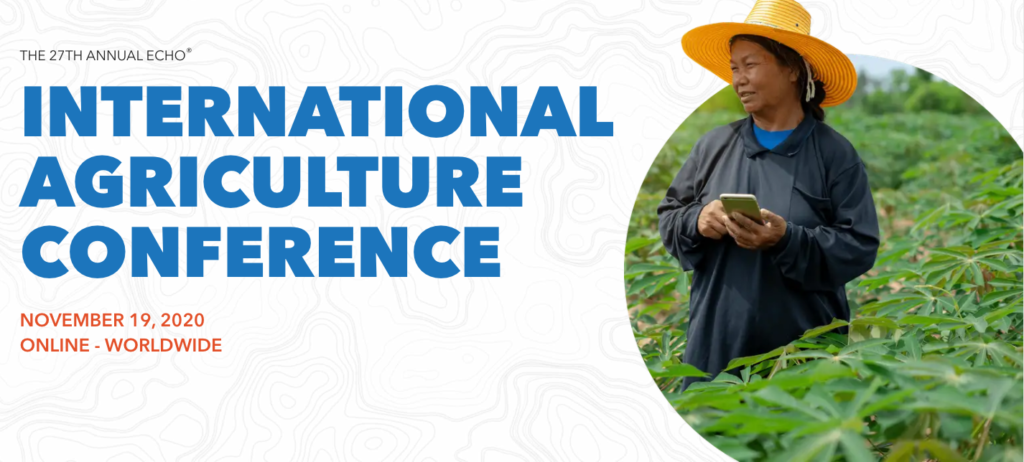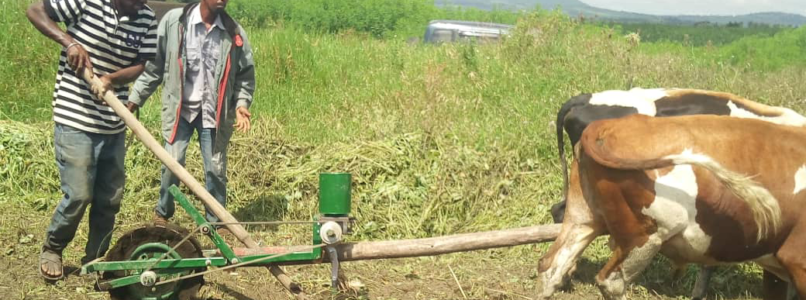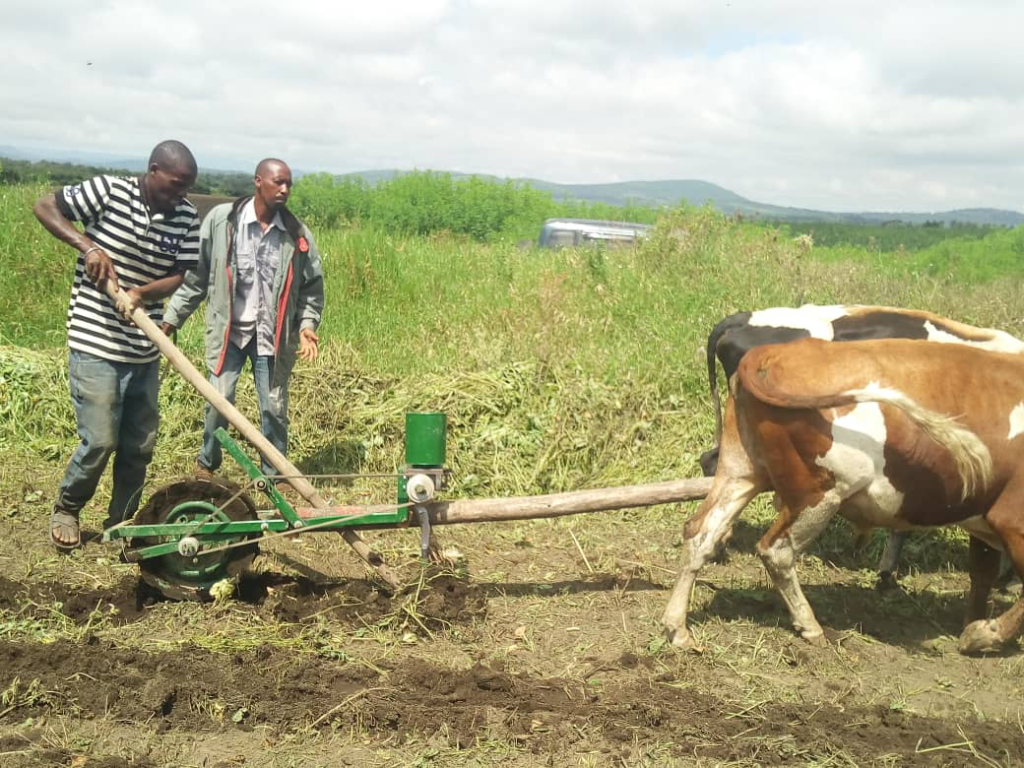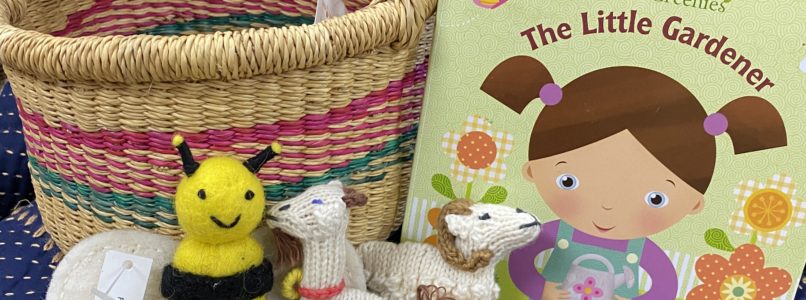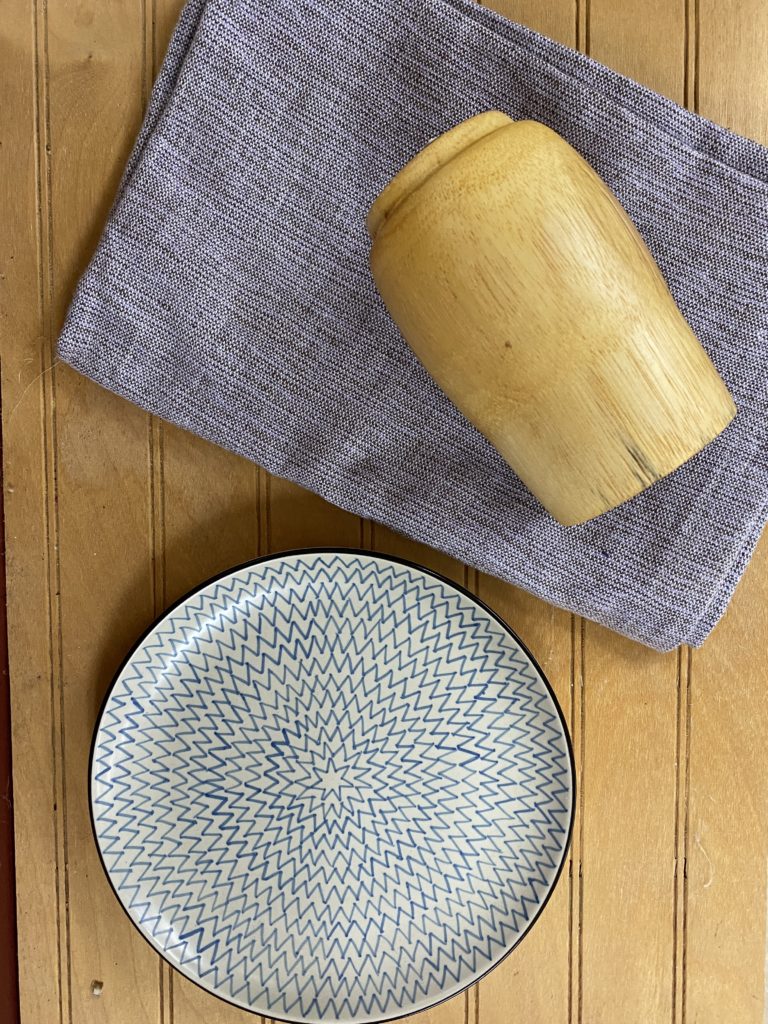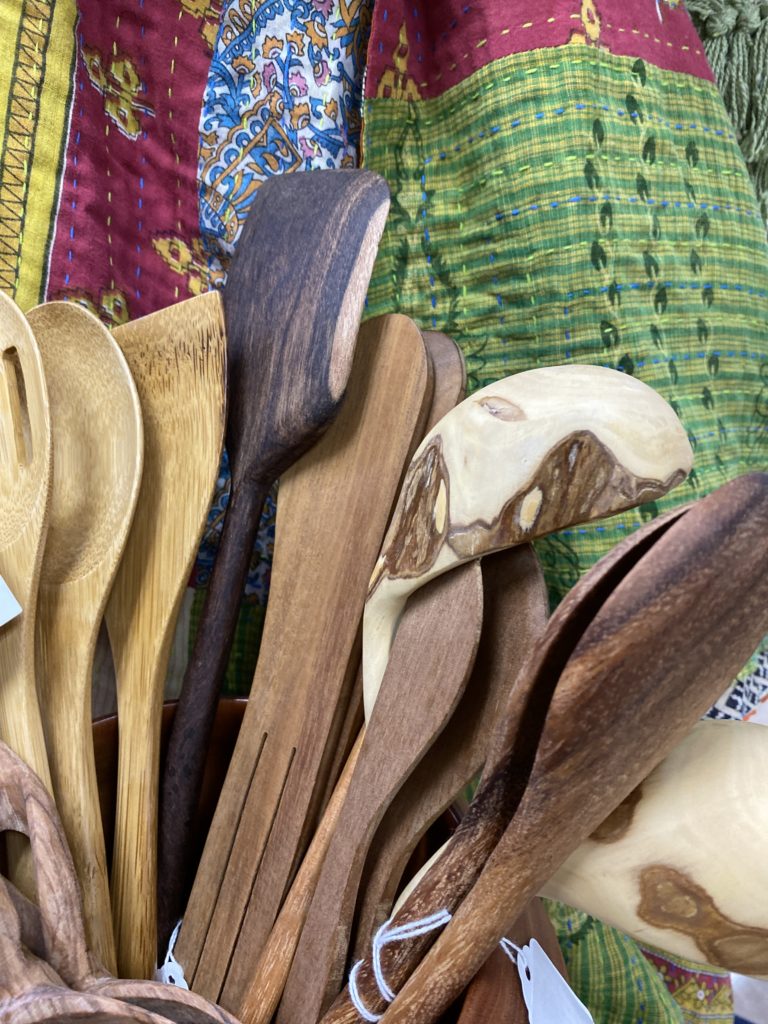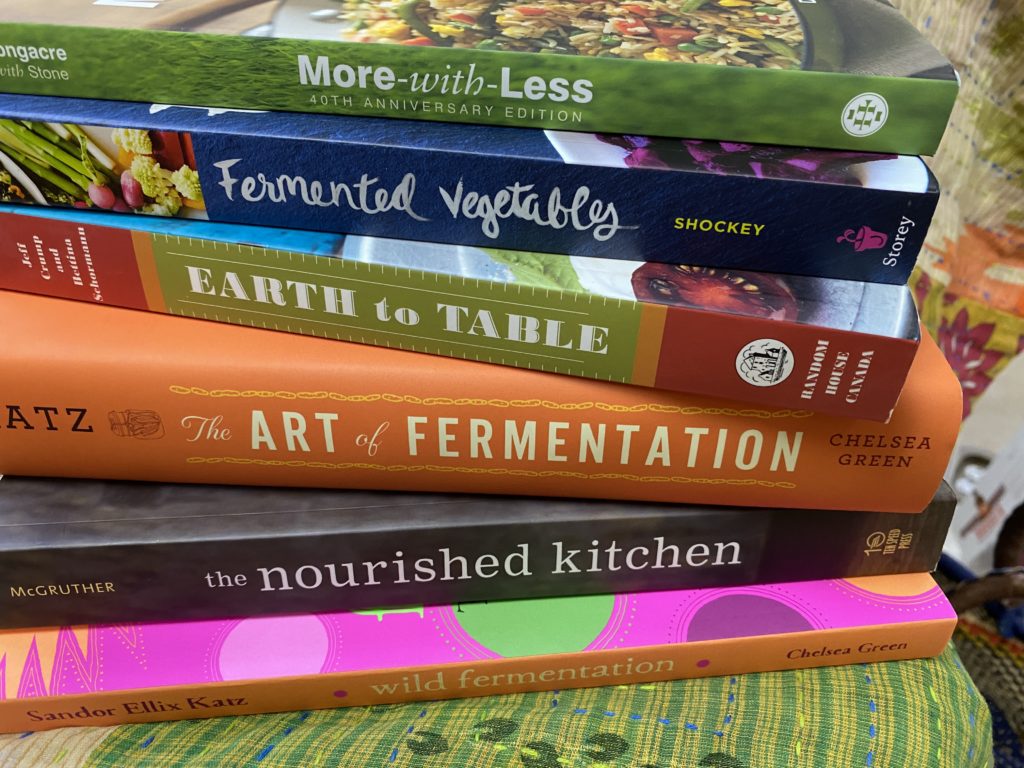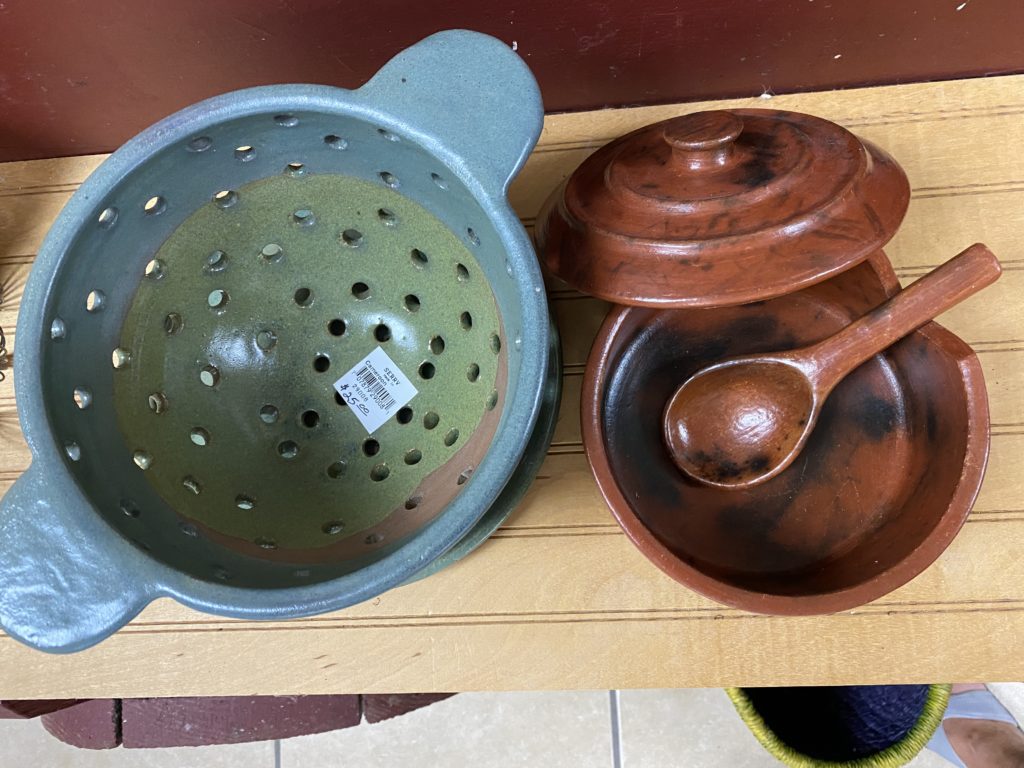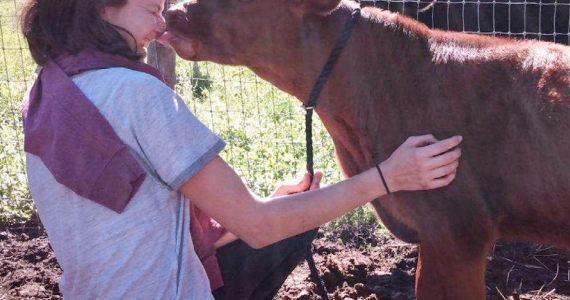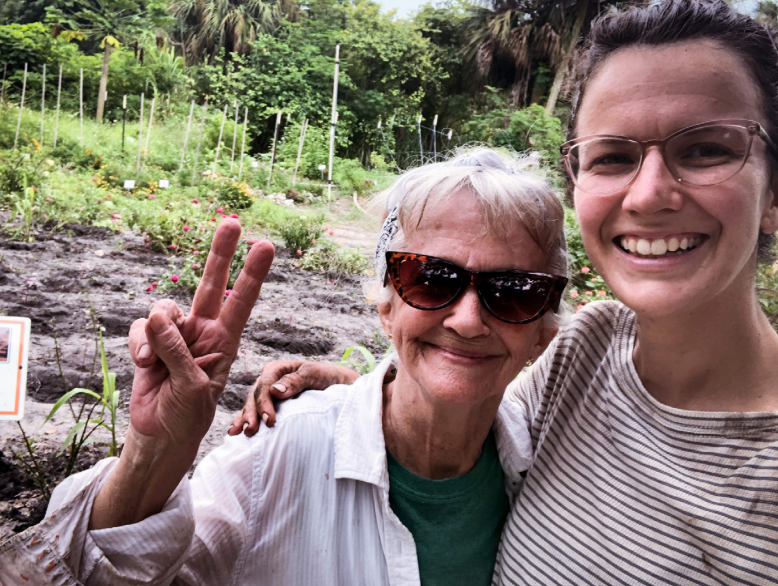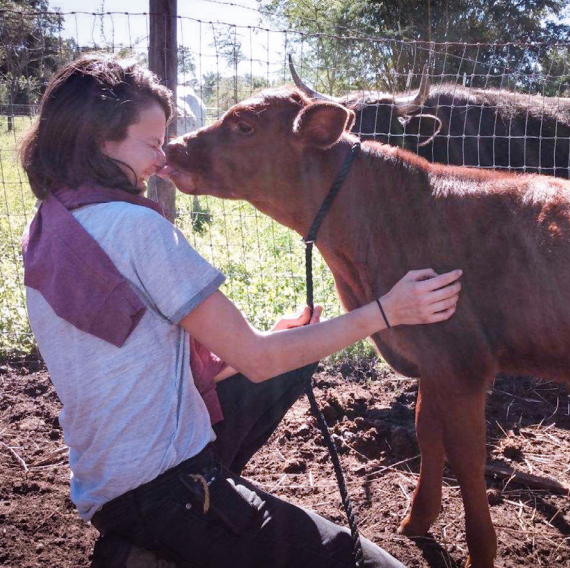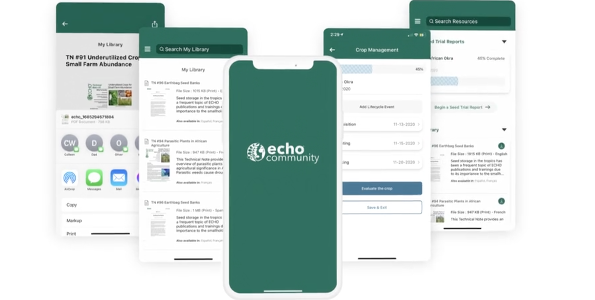Teamwork is at the heart of what ECHO does. Our mission is Hope Against Hunger, and in order to achieve this we work alongside people who are also passionate about using sustainable farming methods to fight against hunger around the globe. Through the years, interns have formed a vital part of the work that is done at the ECHO Global Farm. This year, eight new interns arrived at ECHO Florida as a cohort in June. Read about how the recent changes to the internship program add new learning opportunities for interns including a graduate certificate.
“Cohort.” A new word keeps popping up around ECHO Florida. For the first time in ECHO’s history, eight new interns arrived at the same time. This “cohort-style” internship means that the interns will be able to experience the newness of ECHO Florida and tropical agriculture in a group. “I love that I have others with me also experiencing everything for the first time,” says Grace Brinsfield. It also means that foundational knowledge can be shared early and built upon as the year progresses.
New to the intern program this year is an exciting partnership with Dallas International University (DIU) which will allow interns to earn a Graduate Certificate in Tropical Agriculture Development after their 12 months at ECHO.
Interns will participate in eight graduate-level courses focusing on applying knowledge within communities through cross-cultural training, multicultural teamwork, community development, tropical crops, and agricultural experimentation. Five of the courses are taught by ECHO staff members and complemented by experiences gained through ECHO’s internship program, and three courses will be taught by DIU staff.
Another new feature is a more rotational system in which the interns will gain experience in each of the animals on the farm, instead of specializing in one animal. This will provide a more rounded experience with goats, pigs, chickens, and the forage bank — after all, knowing what crops to grow to feed the animals is important as well.
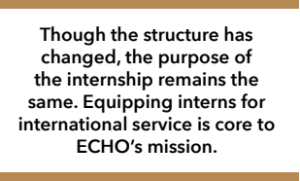
Though the structure has changed, the purpose of the internship remains the same. Equipping interns for international service is core to ECHO’s mission. Interns are still immersed in hands-on experiences in the various tropical gardens, enjoying the bounty of crops that grow well and learning hard-earned lessons when a crop doesn’t pan out.
When I met up with new interns Sarah Harding and Robert Beaty, they were cutting and tying bunches of lablab and mucuna vines and hanging them up to dry. Sarah and Robert were hot but smiling. Working together as intern buddies on the project, they expressed how much they appreciate the teamwork, collaboration, and learning opportunities of the internship tasks. They shared that they’ve already learned about how the dried cover crops can be a rich fertilizer when mulched around future millet plants in a nearby garden plot.
We look forward to sharing updates with you in the next months and years as we see ECHO’s mission take root in the lives and futures of these passionate young people.

“We are always amazed at what God has done. We started small and worked with what we had and took each step as it came. We would never have dreamed that ECHO would become what it is today,” shared Martin Price, Founding CEO. Dr. Martin and Bonnie Price arrived at ECHO’s Fort Myers property on June 18, 1981. The internship program started later that same year with the arrival of Elise Hansen.
“ECHO’s property was flooded when I arrived, so my first official task was to assist Martin in digging drainage ditches by hand. He joked that I probably never imagined my college degree would prepare me for that job!” Elise recounts. “I became very close to Martin and Bonnie that year, as we initiated many of ECHO’s core missions, including the Seed Bank and ECHO Development Notes. I am very thankful and proud that I was part of ECHO during its first year under Martin’s leadership.”
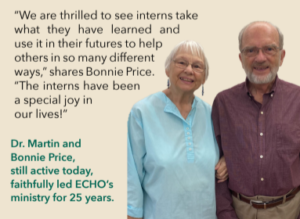
This June, ECHO welcomed its 277th intern! After retiring as CEO in 2006, Martin and Bonnie have remained active volunteers helping with ECHO workshops and special events. One of their great joys is reconnecting with ECHO partners from years past.
“We are thrilled to see interns take what they have learned and use it in their futures to help others in so many different ways,” shares Bonnie Price. “The interns have been a special joy in our lives!”
ECHO provides Hope Against Hunger through agricultural training, innovative options, and networking with community leaders and missionaries in 190+ countries. ECHO seeks to find agricultural solutions for families growing food under difficult conditions. ECHO’s international headquarters is located in Fort Myers, FL. To learn more, donate, or volunteer, visit www.echonet.org

